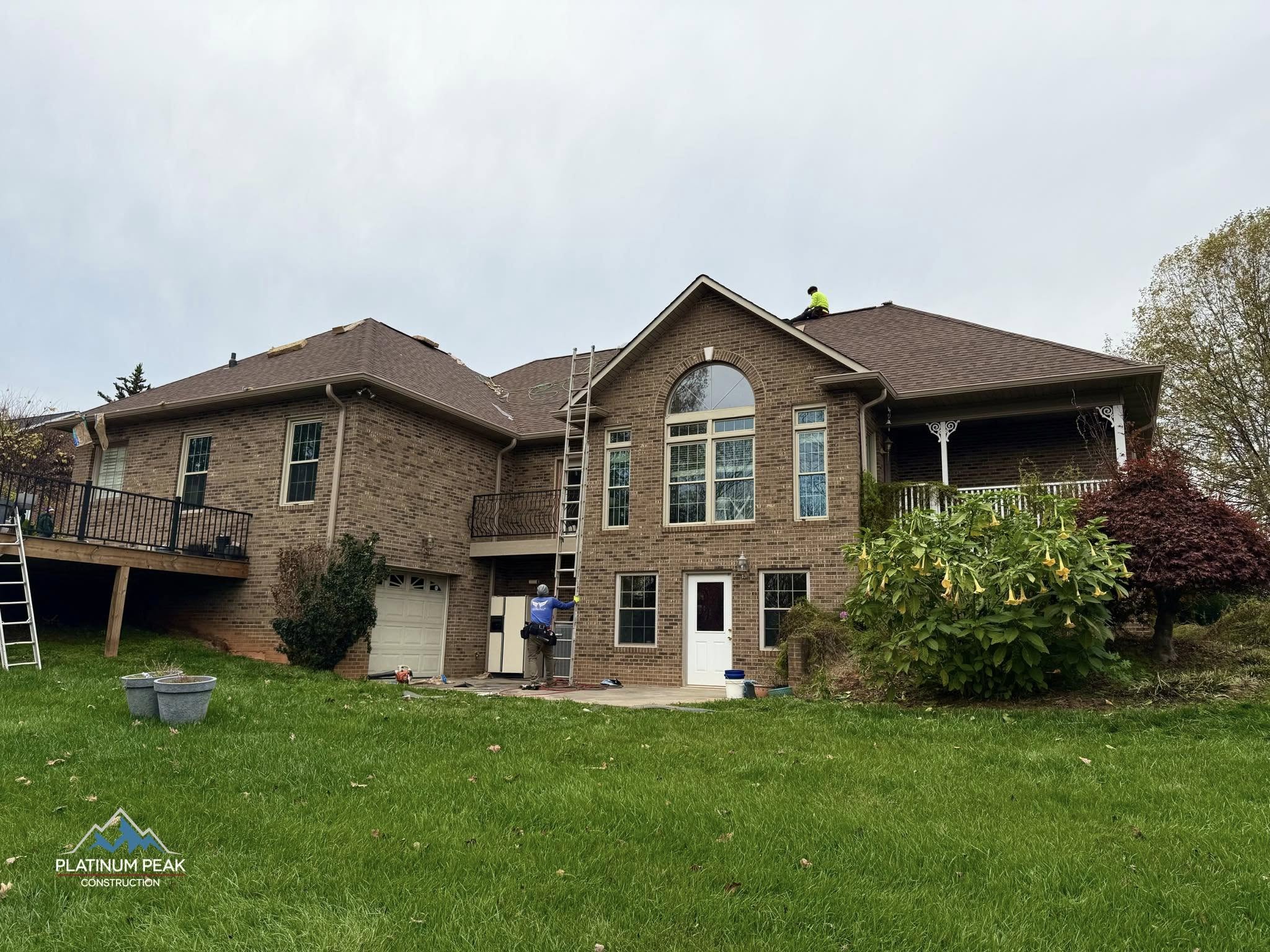
The Environmental Benefits of Modern Construction Techniques Oct 20, 2025
The adoption of modern construction techniques heralds numerous environmental benefits, transforming the way we build our communities. Let's delve into how these approaches are shaping a more sustainable future.
One of the foremost benefits of embracing modern construction techniques is the reduction in energy consumption. Traditional construction methods often result in significant energy wastage, both during the building process and through the lifecycle of the structure. Modern approaches, however, emphasize energy efficiency right from the design phase to the execution. Techniques such as passive solar building design, high-performance insulation, and advanced HVAC systems drastically cut down on energy consumption, easing the demand on natural resources.
Waste reduction is another crucial environmental benefit. Conventional construction can lead to substantial waste generation, burdening landfills and contributing to pollution. Modern techniques, however, prioritize minimizing waste. Prefabrication, for instance, involves creating components off-site under controlled conditions, ensuring precision and significantly reducing material waste. This approach not only minimizes ecological impact but also lowers construction costs over time.
The use of sustainable materials is an additional centerpiece in contemporary construction methods. Platinum Peak Construction champions the use of materials such as recycled steel, bamboo, and reclaimed wood, which are not only durable and attractive but also minimize the need for virgin resources. Incorporating such materials reduces deforestation and the overall carbon footprint associated with raw material procurement and processing.
Furthermore, many modern construction practices incorporate green building certifications, enhancing the sustainability standard of projects. Certifications like LEED (Leadership in Energy and Environmental Design) provide a framework for identifying and implementing practical green building solutions. This not only ensures the structure is environmentally friendly but also adds value by promoting healthier living and working spaces.
Water conservation is also a significant aspect of modern construction techniques. With rising concerns over water scarcity, innovative solutions such as rainwater harvesting systems and low-flow plumbing fixtures are becoming standard. These systems effectively reduce water consumption and promote efficient water management, underscoring the commitment to resource conservation.
Lastly, modern construction techniques contribute to improved indoor environmental quality. Better air circulation, the use of non-toxic materials, and efficient ventilation systems ensure that the spaces constructed are healthier for their occupants. This not only enhances comfort but also contributes to the well-being and productivity of those living and working within these structures.
In conclusion, the transition to modern construction techniques offers significant environmental benefits that extend far beyond the buildings themselves. For companies like Platinum Peak Construction, this means not only delivering aesthetically pleasing and functional structures but also actively participating in the global shift towards sustainability. By embracing these cutting-edge methods, the construction industry is playing a pivotal role in protecting our planet for future generations. These methods ensure resource efficiency, reduce waste, and create healthier communities, embodying a holistic approach to building a better future.
/filters:no_upscale()/media/b219869f-b038-40ad-a75c-906bfa8b83ef.jpg)
/filters:no_upscale()/filters:format(webp)/media/dbf95def-8d39-4cda-b68f-37344c397d0f.jpg)